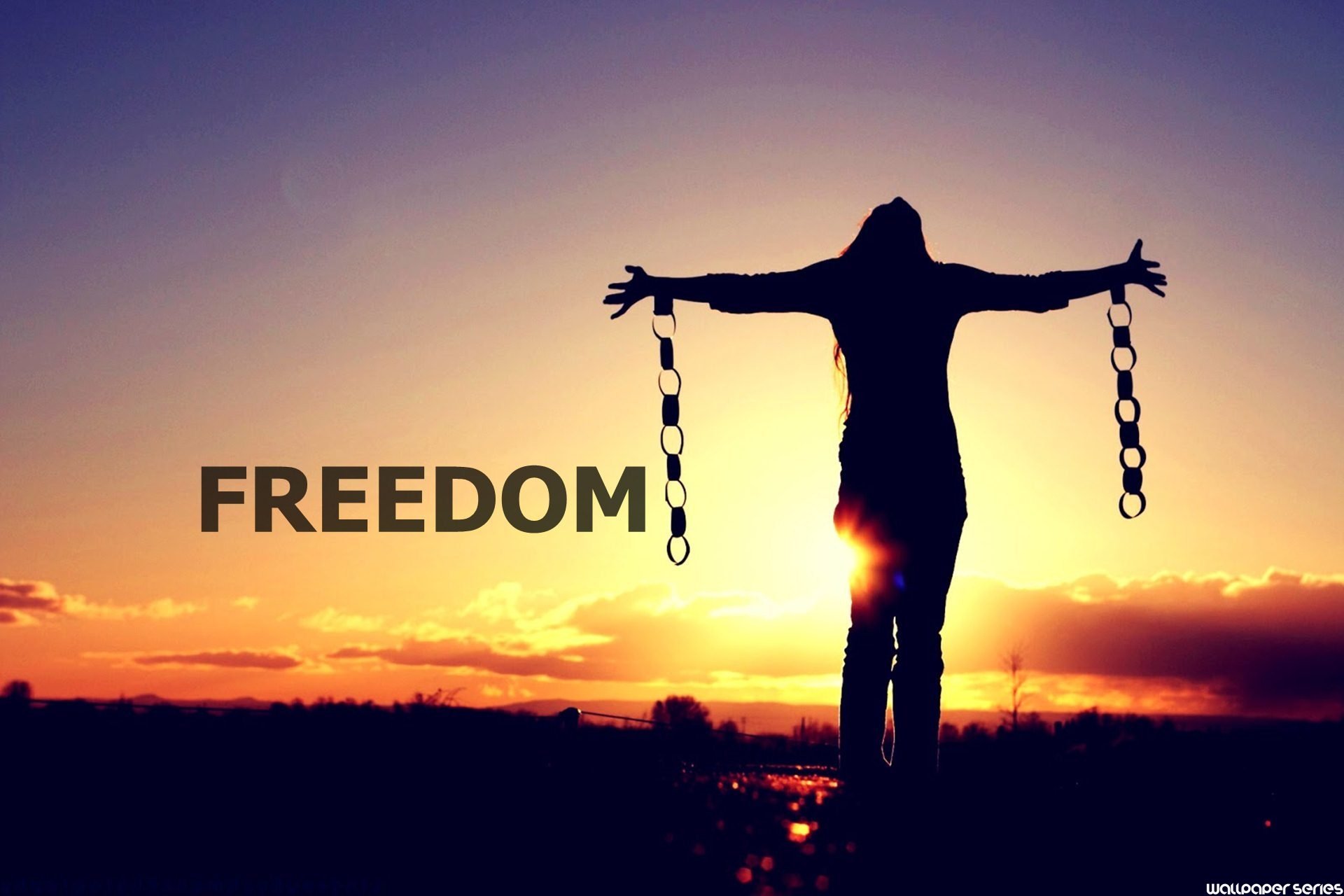Freedom, a fundamental tenet of Bahá’í teachings, is often celebrated as an inherent human right. Yet, how does one reconcile the abstract notion of freedom with the stark realities faced by individuals around the globe? Is freedom a privilege reserved for a select few, or does it inherently belong to all humanity? This intriguing dichotomy poses a challenge that demands introspection and a multifaceted examination of freedom’s role within Bahá’í philosophy.
At the core of Bahá’í belief lies the principle that all humans are created equal, bastions of dignity untouched by the trivialities of race, gender, or creed. This doctrine elevates freedom from a mere political ideal to a divine mandate, imbuing it with spiritual significance. In this light, freedom is not simply a state of being; it is an essential value that must be defended at all costs.
Bahá’í teachings emphasize the importance of spiritual and moral freedom as precursors to social and political liberty. Spiritual freedom pertains to the liberation of the soul from the shackles of ignorance and prejudice, while moral freedom necessitates a commitment to justice and truthfulness. Both dimensions constitute the foundation for a society where human rights are not only recognized but actively upheld.
Moreover, Bahá’í writings assert that the quest for true freedom must be accompanied by an understanding of interdependence. Humanity exists within a web of relations, underscoring the notion that one person’s freedom is inextricably linked to the freedom of others. This interconnectedness invites a comprehensive approach to freedom—one that transcends the individualistic notions prevalent in contemporary discourse. Can true liberty exist without reciprocal responsibility? This is a question that challenges our understanding of what it means to be free.
To navigate the labyrinth of freedom within the context of Bahá’í teachings requires an examination of the role of governance and societal structures. The administrative order within the Bahá’í Faith encourages the establishment of a universal commonwealth, wherein freedom is viewed as a collective responsibility. In this construct, freedom does not equate to an absence of constraints but rather implies the presence of equitable systems that promote the well-being of all. Such a paradigm shift necessitates a reevaluation of democratic principles, shifting the focus from individual liberties to collective rights designed to uplift society.
Furthermore, the Bahá’í perspective on freedom encompasses economic and social dimensions. Economic freedom is a vital aspect of holistic human development, one that ensures the foundational rights to livelihood and sustenance. The Bahá’í teachings advocate for the elimination of extremes of wealth and poverty, thereby reinforcing the idea that economic disparity undermines the very essence of freedom. When individuals struggle to meet their basic needs, their capacity for true freedom diminishes. Thus, freedom must be advocated not only within the political sphere but also within the economic framework.
Education, as a principle underscored by Bahá’í teaching, plays a pivotal role in fostering a culture of freedom. The empowerment that arises from education equips individuals with the tools necessary to articulate their rights and advocate for their freedoms. Bahá’í texts proclaim that “the best way to serve humanity is to strive for the welfare of all and to educate the people.” Investing in education entails nurturing a spirit of critical inquiry, promoting personal growth, and instilling a sense of responsibility toward society.
However, this journey towards actualizing freedom is fraught with challenges. In a world where tyranny and oppression still reign, how can individuals become steadfast defenders of freedom? The answer lies in active participation in the betterment of society. The Bahá’í teachings call for the involvement of each individual in social action—a harmonious blend of personal initiative and collective efficacy. This paradigm shifts the focus from passive acceptance to a spirited engagement with the world, propelling the struggle for freedom to the forefront of human endeavor.
In this quest for freedom, one might ponder: how can spirituality and activism coexist in a meaningful way? The Bahá’í Faith adeptly intertwines spiritual development with social action, creating a dynamic interplay between the two spheres. The practice of service becomes a conduit for achieving true freedom—an expression of humanity’s highest aspirations towards justice, compassion, and unity.
In conclusion, the Bahá’í perspective on freedom as a basic human right is richly textured and deeply consequential. It transcends the dimensions of mere political liberty, encompassing spiritual, economic, and social considerations. This comprehensive understanding challenges individuals to reflect upon the genuine essence of freedom: a collective endeavor grounded in mutual responsibility, interdependence, and unwavering advocacy for the dignity of all. With this awareness, the task before humanity is to transform the ideal of freedom into a living reality, one that deserves to be defended, cherished, and nurtured.
